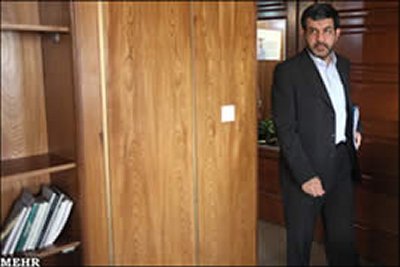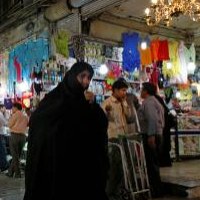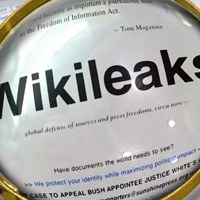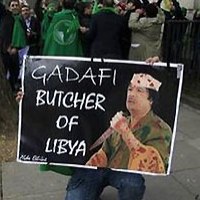![]()
Sun, Jan 16, 2011 | The Meir Amit Intelligence and Terrorism Information Center
Iran’s Crackdown on “Soft War”
Crackdown on “soft war”: authorities ban political use of social networks, establish a “cyber police”, step up efforts to “purge” Internet.
Hamid-Reza Fouladgar, member of the Majles Article 10 Commission on Political Parties, announced last week that, in accordance with recent changes in the Parties Law, political parties are no longer allowed to use social networks such as Facebook and Twitter.
In light of the soft war waged against Iran, political parties will not be able to use such networks for their activity or to recruit new members, Fouladgar said, and the use of social networks by official political parties will be considered a criminal offense. He added that the changes introduced in the law were designed to step up the monitoring of political parties and bring about a situation where there are fewer, yet more socially active parties in Iran (Fars, January 8).
The use of social networks significantly increased in the last presidential election in 2009. They were used by some presidential candidates, most notably the two reformist candidates Mir-Hossein Mousavi and Mehdi Karoubi. The use of social networks, mainly Facebook, was aimed to allow the reformist candidates to address the public directly, balancing the considerable advantage enjoyed by President Ahmadinejad thanks to the conservatives’ almost total control over official media. It was also the assessment of the reformist candidates that the use of new technologies would allow them to establish their status with Iran’s younger generation.
At the same time, Telecommunications Minister Reza Taqi-Pour announced further efforts to “purge” Iran’s internet of immoral content. In an interview to Mehr News Agency, the minister said that while he did not have exact figures on the extent of improper internet use in Iran, comparison with other countries showed that, to a considerable extent, internet use in Iran is proper and right, and the internet environment is generally “clean”.
He further stated that, in the coming year, the Telecommunications Ministry intended to help increase the proper use of the internet by implementing the idea of separating “clean internet” and “unclean internet”. The minister, who did not specify what measures his ministry would take to implement the idea, noted that it would first be put to practice in Iran and then promoted by Iran worldwide. He said the idea would make it possible to make the entire internet environment clean and prevent its use for immoral purposes. Referring to the Iranian practice of filtering websites, the minister said that such filtering was not the responsibility of the ministry but rather the computer crime team (Mehr, January 8).
Meanwhile, internal security forces chief Esma’il Ahmadi-Moqaddam announced this week that the “cyber police” would begin operating next week. Its operations will begin in Tehran and then spread to the rest of Iran. It will be the cyber police’s job to enforce the computer crime law passed last year by the Majles (Mehr, January 11).
In the past year, Iranian authorities have stepped up the monitoring of websites and blogs following the approval of the computer crime draft law and the announcement of the judiciary branch on the establishment of a special court to handle computer and internet crimes. In that context, there have been more efforts to filter websites and blogs, and more arrests of civilians involved in the operation of banned websites.
A special committee was established under the computer crime law approved by the Majles to set the criteria for filtering websites. Its members include the morality safety police chief of the internal security forces, the ministers of education, telecommunications, justice, science, culture, and Islamic guidance (or representatives on their behalf), the chairman of the Islamic Propagation Organization, the chairman of the broadcasting authority, an expert on computer technology and telecommunications, and a Majles representative.



 RSS
RSS













Iran's Crackdown on “Soft War” | the Crethi & the Plethi | News …: … science, culture, and Islamic … http://bit.ly/fKyaOx #asematy